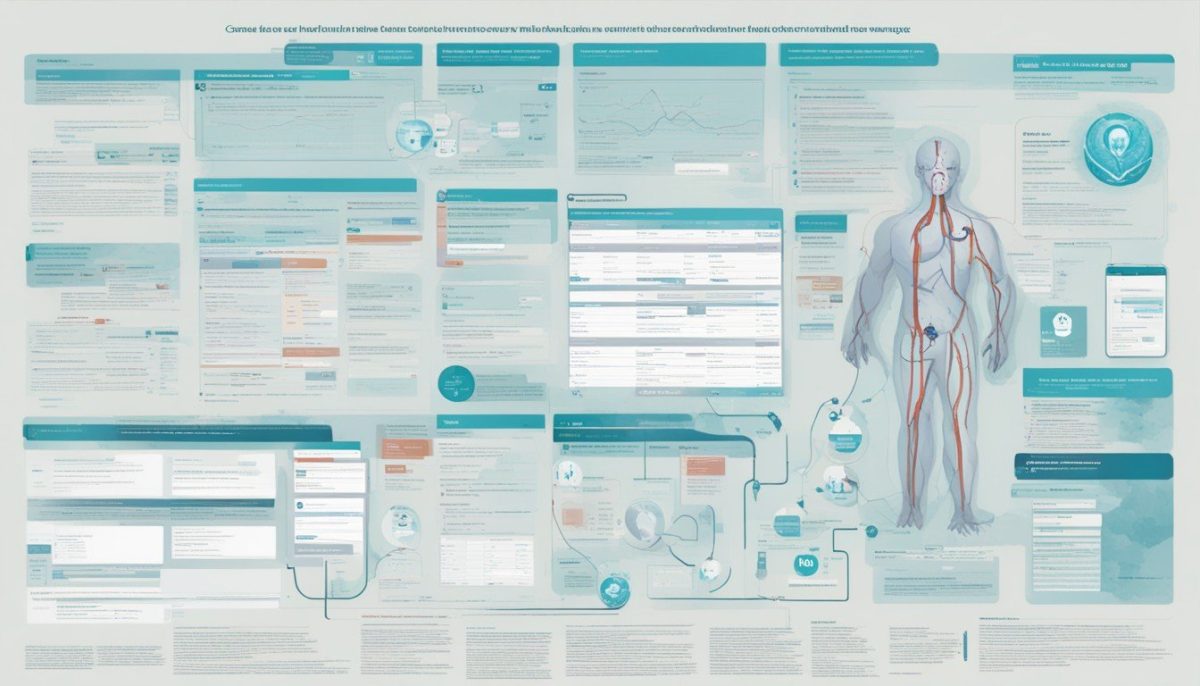Brain tumors can be benign (non-cancerous) or malignant (cancerous), but in either case, the tumor itself can affect a patient in varying ways. “The signs and symptoms of a brain tumor vary greatly and depend on the brain tumor’s size, location, and rate of growth,” according to the Mayo Clinic.
NEWSROOM
Sexually transmitted diseases (STDs), or sexually transmitted infections (STIs), are infections that are passed from one person to another through sexual contact. They are usually spread during vaginal, oral, or anal sex. But sometimes they can spread through other sexual contact involving the penis, vagina, mouth, or anus. This is because some STDs, like herpes and HPV, are spread by skin-to-skin contact.
Mental health includes our emotional, psychological, and social well-being. It affects how we think, feel, and act. It also helps determine how we handle stress, relate to others, and make healthy choices. Mental health is important at every stage of life, from childhood and adolescence through adulthood.
Autism spectrum disorder (ASD) is a developmental disability caused by differences in the brain. Some people with ASD have a known difference, such as a genetic condition. Other causes are not yet known. Scientists believe there are multiple causes of ASD that act together to change the most common ways people develop. We still have much to learn about these causes and how they impact people with ASD.
The warning signs can be so mild that you don't notice them. That's especially true of type 2 diabetes. Some people don't find out they have it until they get problems from long-term damage caused by the disease. With type 1 diabetes, the symptoms usually happen quickly, in a matter of days or a few weeks. They're much more severe, too.
Malaria is caused by parasites that enter your body through the bite of an infected mosquito. This sometimes fatal disease happens in hot and humid places, like Africa.
Since colon polyps can lead to cancer if not detected and removed, it makes sense to learn more about them and what you can do to prevent them. Your colon is located within your large intestine, near your appendix and lower abdomen on the right side. It begins at the end of the small intestine.










